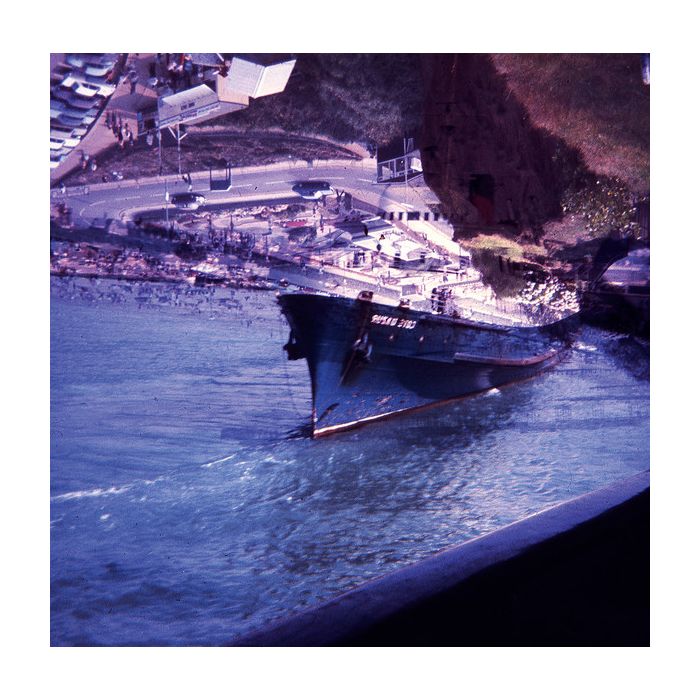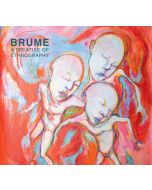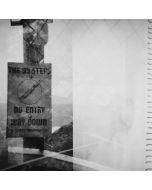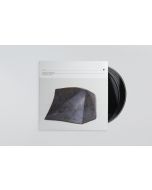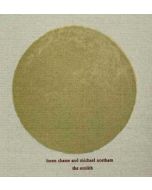MARK VERNON
| Artist | MARK VERNON |
|---|---|
| Titel | The Dramaturgy of Decay |
| Format | LP |
| Label | Futura Resistenza |
| Country | Belgium |
| Cat.-No. | RESLP031 |
When the first cameras were introduced, some people were terrified the machine would steal their soul and refused to be photographed. A similar fear appeared when early sound recording technologies came about. To record the human voice meant: to split it from the living, breathing body, making a phantom out of it. Mark Vernon’s new LP reminds me of the ancient fear and attraction of recording. There is something wonderfully ghostly about The Dramaturgy of Decay. It contains many distorted voices, close yet infinitely impalpable, out of reach.
The voices appear and disappear. They merge with other elements. Sometimes they get submerged, erased. They infinitely become something else. And I wonder: Am I now hearing the sound of the sea, of the wind in the trees? Is this the sound of a haunted house – or the haunted house of sound itself?
Vernon composes a cinema for the ears. Something uniquely textured and immediately present. I think of The Dramaturgy of Decay as a sonic equivalent to the ruined films of Bill Morrison (Decasia, 2002) or Peter Delpeut (Lyrical Nitrate, 1991). I hear the tape, the sound of the medium – and I hear it disappearing – I see the end coming. And yet the disappearance is not tragic. There is a vein of humour gently running throughout the album. For all their eeriness, Vernon’s soundscapes carry with them something comfortingly familiar – something delicate and tender like the Super 8 films of Jonas Mekas.
Vernon has long been fascinated with home-recordings and the urgent poetry of the everyday. On The Dramaturgy of Decay we hear snippets of audio letters, messages left on answering machines (“Pouring From Hollow to Empty”, “The Years Simply Dissolved”). The messages get reworked and rearranged, slowed down and taken apart. Somewhere people are forever clapping, laughing. Tentatively playing the piano. Singing uncertainly. Vernon patiently excavates the real, revealing a soundscape of the forgotten, the buried, the invisible.
Everything in The Dramaturgy of Decay speaks of death – of the irreversible passing of time, of vanishing places and voices – of that which will not return. His work captures the infinitely slow yet resolute movement of erasure, the empty place where something used to be. It also reflects the wider destruction of our environment.
Yet there is no necrophilic impulse here. As Vernon converses with the lost, the transient and the dead, it seems to me he is tirelessly extracting life from them. And he reveals not their deadness but rather the quick, living eternity of instants. The Dramaturgy of Decay is a reflection on time through sound. But, most importantly, it is extremely beautiful music. Not quite of this world and, yet, not of any other world. It is music for the here and now.
(label info)

